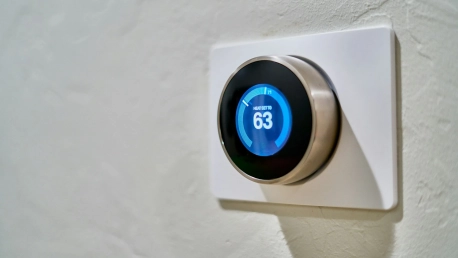The concept of smart homes is moving from the realm of futuristic fantasy to everyday reality, and its implications for the insurance industry are profound. Homeowners’ insurance, traditionally based on statistical risk assessments, could see a seismic shift as insurers increasingly recognize the potential of smart home technology to prevent claims before they occur. But what does this technology actually bring to the table for both homeowners and insurers?Smart devices such as water leak detectors, smoke alarms, and security systems can alert homeowners to issues instantaneously, often allowing them to avert disasters. This proactive approach could transform the traditional insurance model, which tends to be reactive—stepping in only after a loss has occurred. For insurers, the draw is clear: reduced claims mean reduced payouts and potentially, increased profitability.
Integrating IoT with Insurance
The rise of smart home technology is revolutionizing the insurance industry. IoT devices offer insurers unprecedented insights into residential risk management, allowing for more personalized and efficient policies. To capitalize on this, insurers are teaming up with tech companies, providing incentives such as premium discounts to encourage adoption. The integration of IoT into homes doesn’t just increase convenience; it promises to reshape homeowner insurance.Customers benefit from potentially lower costs and enhanced safety, while insurers gain more accurate data to inform coverage. As smart homes proliferate, these partnerships signal a shift toward an era of customized and cost-effective homeowners’ insurance policies powered by real-time, smart technology data. This transformation represents a seismic shift in the traditional insurance model, moving towards one that is both interactive and adaptive to the unique risk profiles of individual homes.









